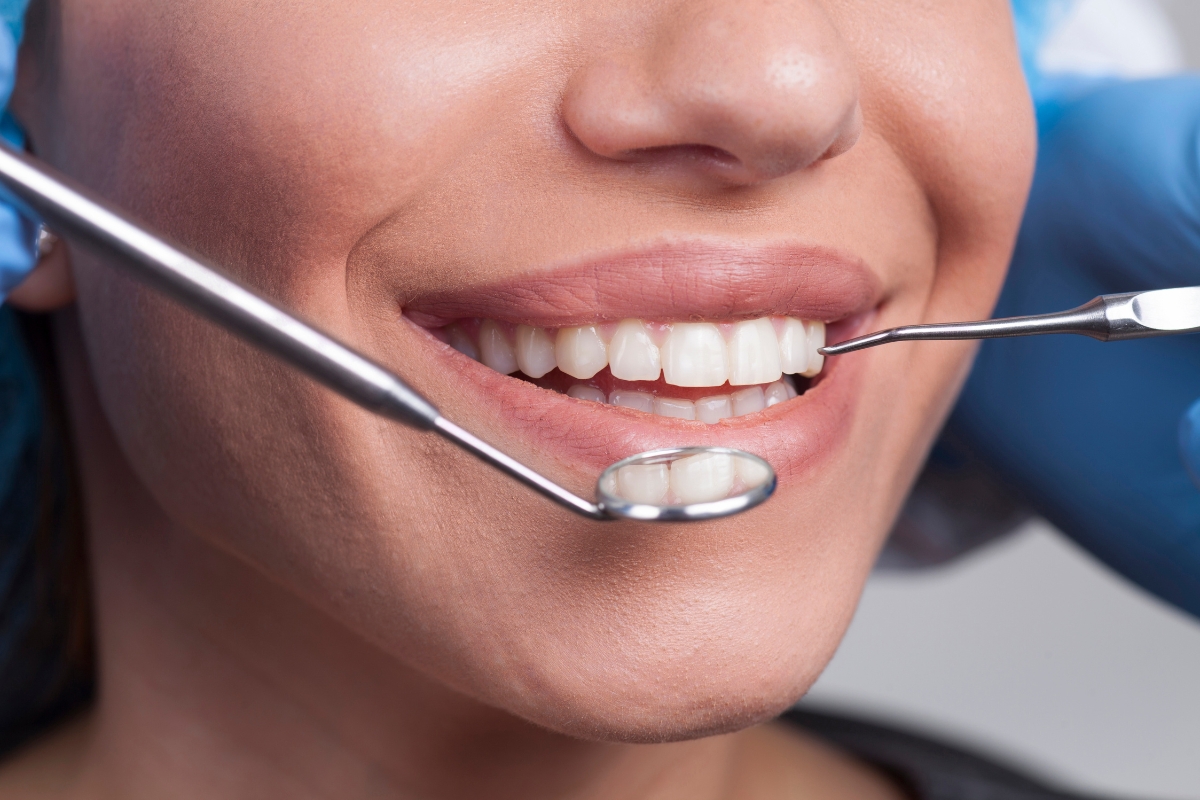
By West Albany Dental
You’re sitting in traffic, dealing with deadlines, or lying awake at 2 a.m.—and suddenly, you feel that familiar ache in your jaw. It might start as tightness or clicking, then escalate to pain radiating into your head or neck. Could stress be the hidden culprit behind your jaw discomfort?
If you’ve ever questioned why emotional strain shows up physically, especially in your jaw—you’re not alone. Let’s dive into the fascinating connection between stress and TMJ (temporomandibular joint) disorder and how managing your mind might just save your smile.
What is TMJ Disorder?
TMJ disorder, often abbreviated as TMD, affects the temporomandibular joints—those small hinges on either side of your jaw that allow you to talk, chew, and yawn.
Common TMJ Symptoms Include
- Jaw pain or tenderness.
- Clicking or popping sounds when opening or closing the mouth.
- Headaches or earaches.
- Difficulty during chewing.
- Lockjaw or limited jaw movement.
While various factors can trigger TMD, stress plays a surprisingly significant role.
How Stress Impacts The Jaw: Scientific Explanation
When you’re stressed, your body goes into “fight or flight” mode, tightening muscles across your body—including your jaw. Over time, this tension leads to:
- Jaw clenching (often unconsciously).
- Teeth grinding (bruxism, especially during sleep).
- Neck and shoulder tension which affects jaw alignment.
- Poor posture from stress which strains facial muscles.
All of these factors can irritate the TMJ, leading to inflammation and discomfort. To tackle these situations, consulting a TMJ dentist in Albany is essential.
Signs Your TMJ is Stress-Related
Here’s how to tell if your stress is contributing to your jaw issues:
- Your symptoms worsen during high-stress periods (e.g., exams, work deadlines).
- You catch yourself clenching your jaw or grinding your teeth.
- You wake up with jaw pain or headaches.
- You feel tightness in your face, neck, or shoulders.
How To Break The Stress-TMJ Cycle?
According to the National Institute of Dental and Craniofacial Research, over 10 million Americans suffer from TMJ disorders—many triggered or turned worst by chronic stress.
Managing stress is key to reducing TMJ flare-ups. Here’s what you can do:
1. Adopt Jaw-Friendly Habits
- Avoid gum, crunchy foods, or biting your nails.
- Keep your jaw relaxed—lips together, teeth slightly apart.
- Use warm compresses to ease muscle tension.
2. Use Stress-Reduction Techniques
- Deep breathing or meditation.
- Progressive muscle relaxation (PMR).
- Yoga or light stretching.
- Journaling or talking to a therapist.
3. Protect Your Teeth
- Use a night guard if you grind your teeth.
- Schedule regular dental check-ups.
- Ask our dentist about exercises that promote jaw alignment.
When To Look For Professional Help Regarding This?
If your TMJ symptoms persist or worsen, it’s time to consult our dentist or a TMJ specialist. Treatment may include:
- Physical therapy.
- Custom oral splints.
- Botox injections to relax muscles.
- Stress management counseling.
- In rare cases, surgery.
Relax Your Mind, Relieve Your Jaw
TMJ pain isn’t just about your jaw—it’s often a message from your mind. Chronic stress has a sneaky way of settling into your muscles, creating discomfort in places you least expect. The good news? You have more control than you think.
By recognizing the role stress plays and taking proactive steps toward relaxation and better oral habits, you can manage or even prevent TMJ symptoms from disrupting your life.






